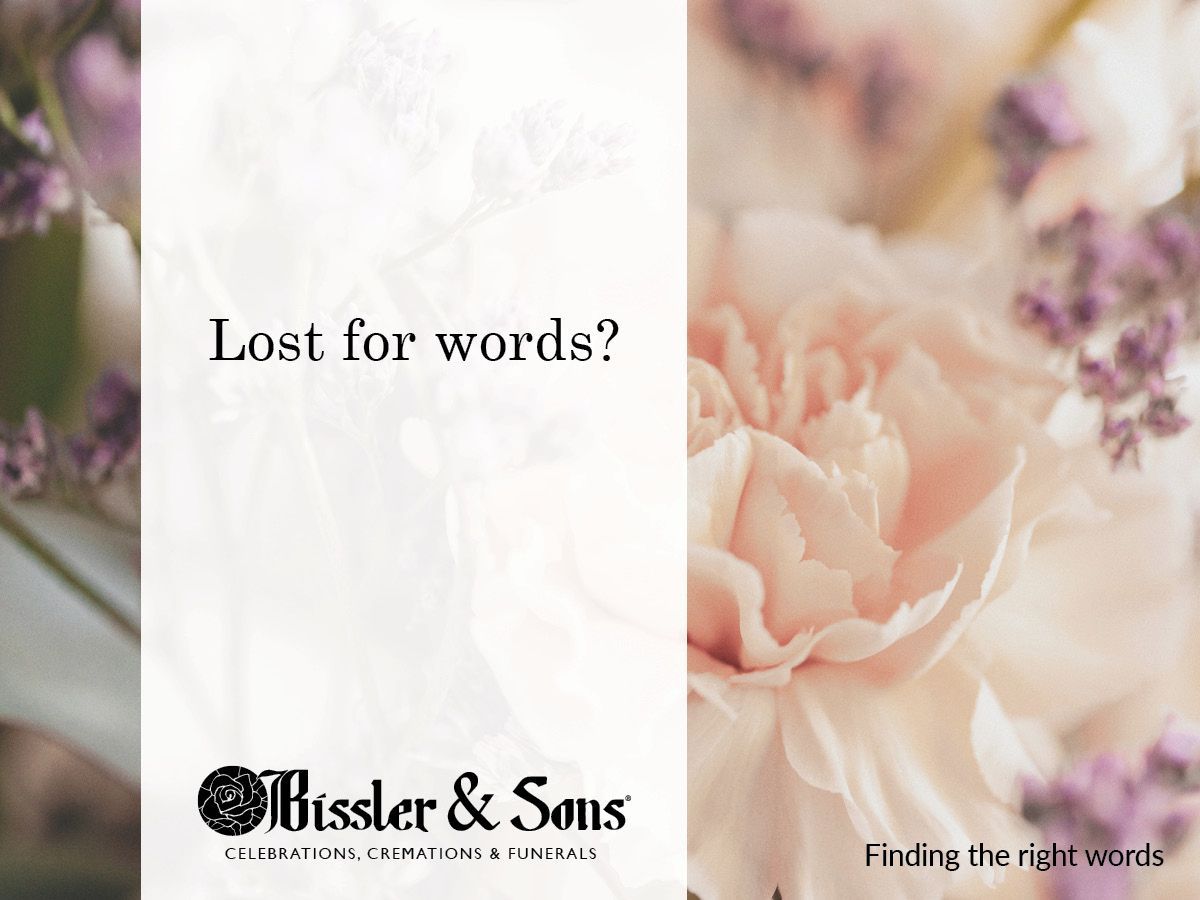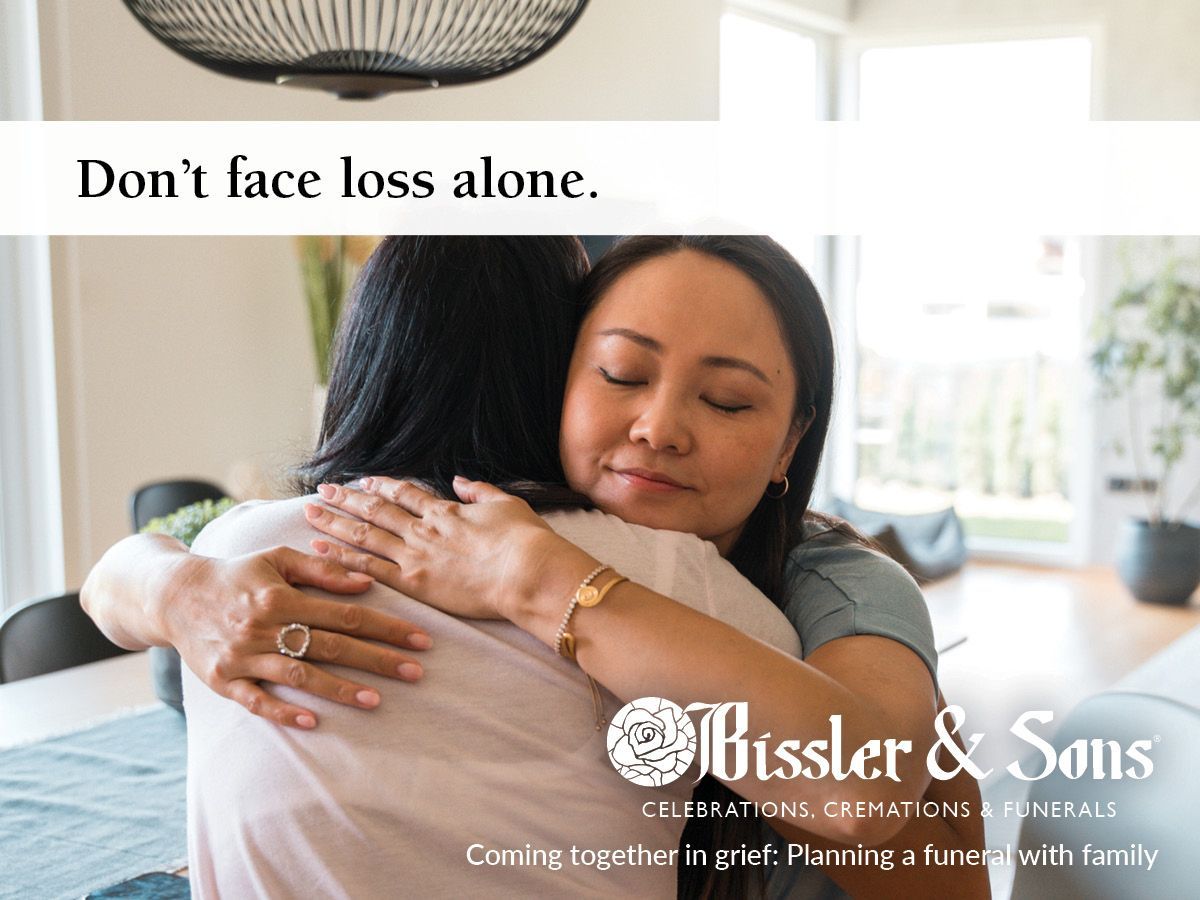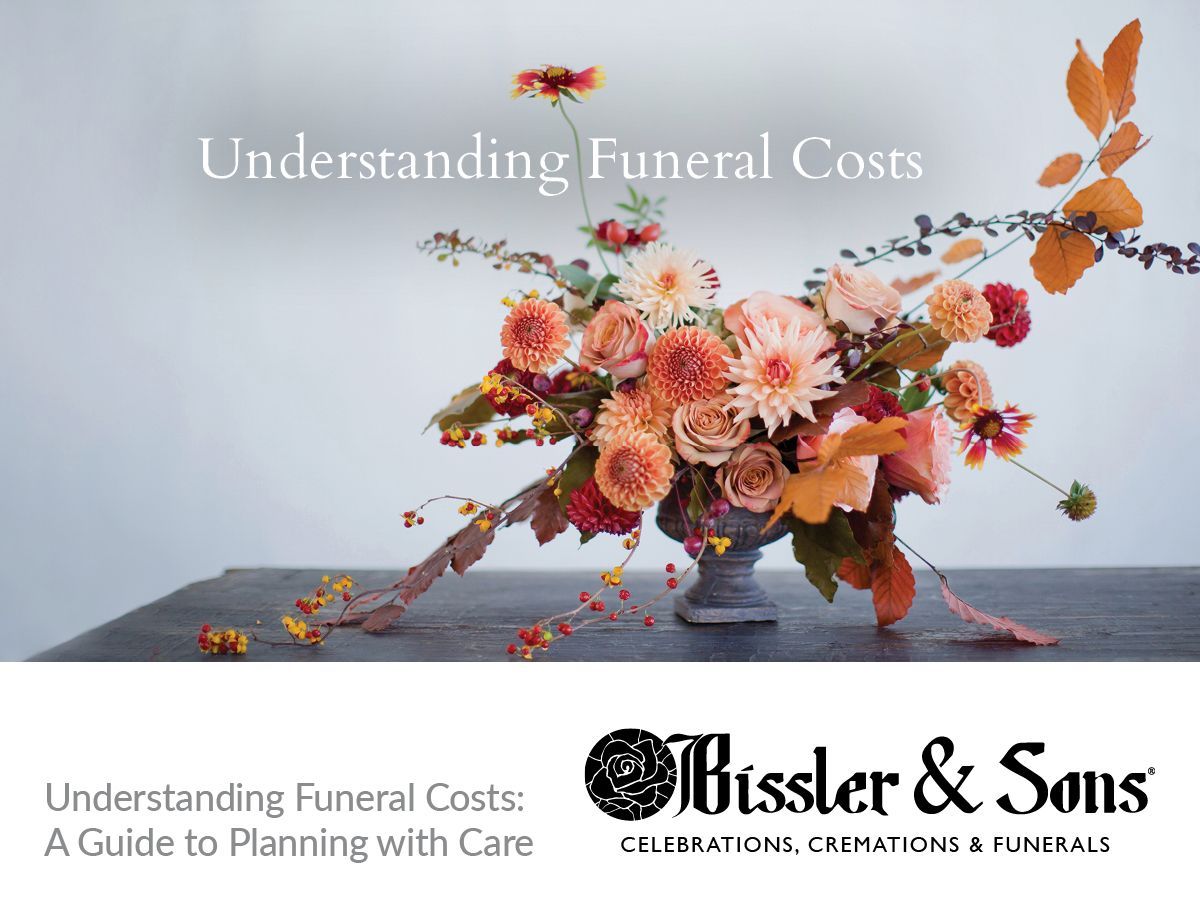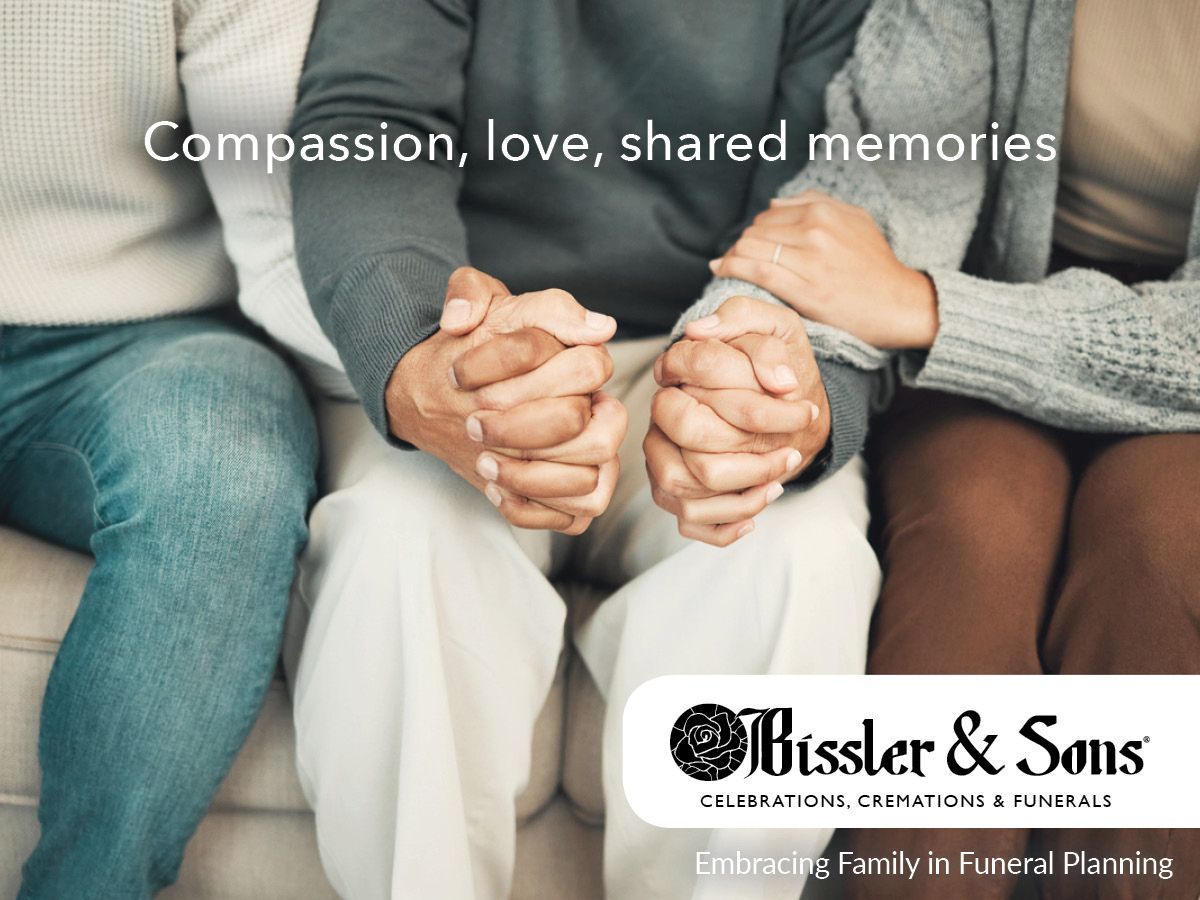Make Sure the Tough Days Are Covered
Supporting a friend who is grieving requires staying power. In the first few weeks and days following the funeral, our thoughts are full of our friend. But often, as the weeks become months, our friend’s need is less acute, and our own routine calls us. We forget.
We forget that even when most of our friend’s days have evened out, some are likely to be difficult for a long while. Holidays, their birthday, the birthday of the person who died, and other special occasions might be hard well into the future or even as long as they live. Special days can cause grief to bubble up and feel fresh again.
While the death is still top of mind, gather those dates. The ones you know are special for your friend. Make a note wherever you keep your appointments, be it written on the calendar or in your phone. Flag the dates that are important to your friend. Give yourself a little advance notice so that you have a little lead time to make a plan with your friend for that day.
When you call to book a date, begin the conversation with a suggestion and follow with being open to what they may prefer. Something like, “I know your anniversary is coming up next week. What if we did lunch and a movie, or is there something else you would wish to do?” A newly bereaved person may find it difficult to come up with an idea on their own out of the blue. It just may be too much for them, so you offer a suggestion. But, then again, maybe they have thought about it and would just appreciate your company for what they plan to do or would like your support in another way. For example, sometimes a grieving person would like company when they visit the cemetery, and sometimes, they may prefer to go alone but might like to meet up for a cup of coffee later.
Go easy. If your friend isn’t able to wrap their head around that date when you make your call, give them time. They may need to let the idea settle in. If you encounter hesitancy, offer to check back later or let them know you are going to hold that date, just in case they would like your company when the time comes.
Also, remember everyone grieves on their own timeline. We often think of the first year following the funeral as “the hard year.” The first year after a death is often difficult, but grief does not end magically after twelve months for most people. For many, those special dates continue to remind them of love and loss ever after.


















